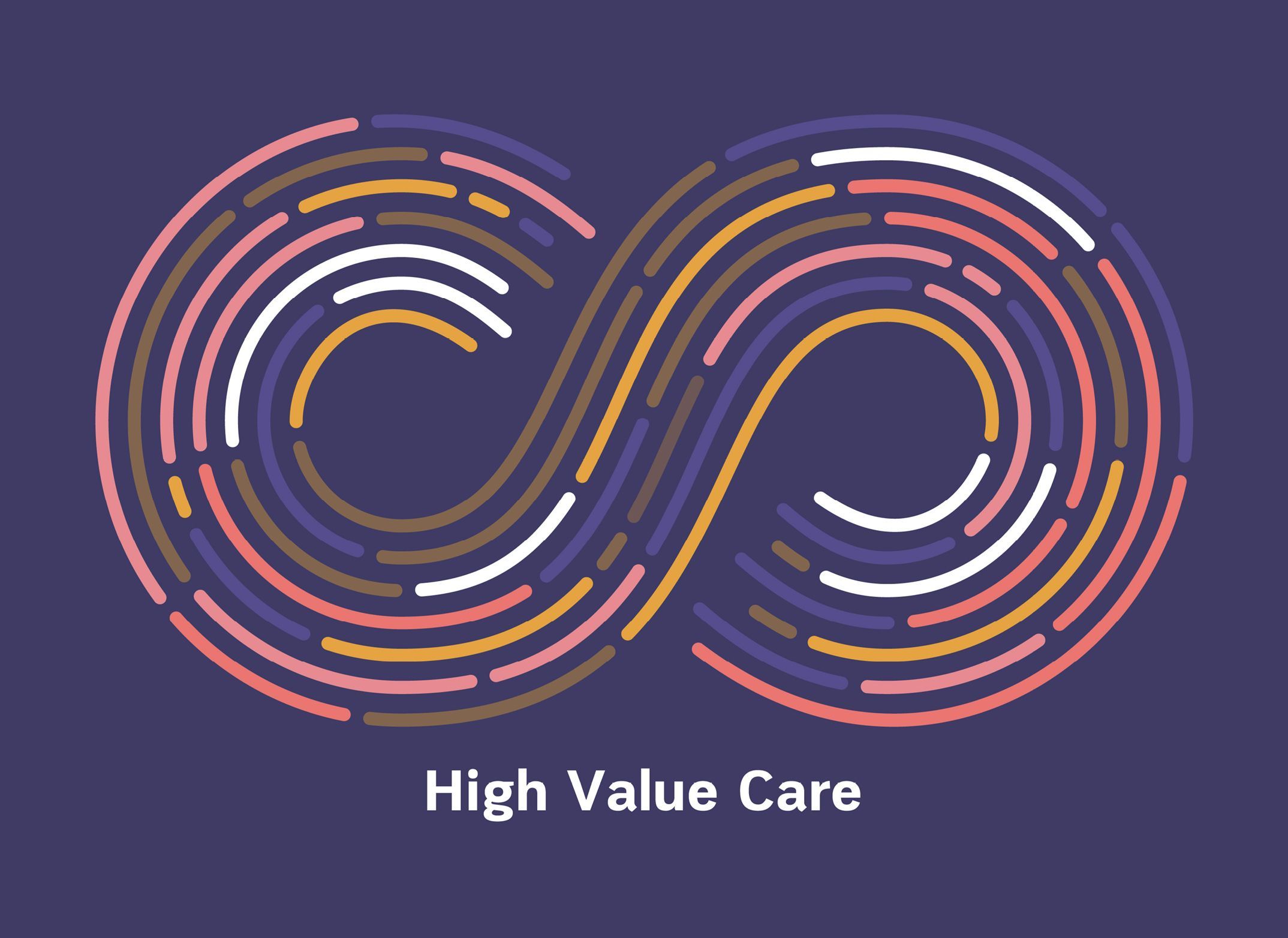HealthManagement, Volume 20 - Issue 10, 2020

What are some of the key challenges in the field of high value care (HVC) and how will these be addressed at the Summit?
An OECD report from 2017 suggests that at least one-fifth of health spending could be channelled towards better use. The numbers show that many patients are unnecessarily harmed at the point of care. It also points at the fact that many patients receive unnecessary care that makes no difference to their health outcomes. The problems in health care delivery have common root causes in the failure to measure health outcomes that matter most to patients. We do not know what matters most to patients and we are not able to compare the health outcomes easily between organisations to share best practices and learn from each other. The HVC Summit session will discuss the importance of health outcomes, the need to reward these outcomes, and ways of working together in a more integrated and solutions-oriented manner.
For the Summit participants, what would you like to see as a desirable takeaway?
I wish the participants to leave the session with a sense of urgency for the need to take existing waste out of the health system and transition to high value care. We do not need more care but better health!
Today, how do you see HVC in Europe compared to five years ago?
Over the years I have noted a growing awareness of the central importance of health outcomes to achieve high value care, augmented in 2020 by the ongoing pandemic.
What impact has the COVID-19 pandemic had on HVC? What will be the long-term consequences of this crisis?
The COVID-19 pandemic has put a sharp light on the challenges of equity, of demography, of making sure care is of high value for the resilience of health systems, and on the importance of staying in good health. All are pointing at the importance of identifying the health outcomes that matter most to patients, and making sure these outcomes are central to all health care being delivered.
Exponential growth in digital health solutions has been one of this year’s trends. How can technology help in the HVC implementation?
Informatics interoperability is central to help improve health outcomes via sharing of best practices and learning from each other. Of course, COVID-19 accelerates the use of digital therapeutic solutions as healthcare systems are shifting towards remote care. There are seemingly endless possibilities for new digital health solutions. But given the myriad opportunities, patient involvement, early and often, is paramount to thoughtfully selecting what is most important. Without patient-focussed measurement, stakeholders risk consolidating digital versions of poor traditional assessments and proliferating low-value care.
In the Strategy Review for HVC Projects, one of the EIT Health’s priorities is: “Move away from projects focussing on research and/or technology development.” Could you explain the thinking behind this?
My interpretation would be that EIT Health with this priority intends to underline the importance of influencing innovation and research with patient and citizen engagement, making sure that developments within the health sector actively involve the people they are intended to serve. This is a cornerstone in achieving high value care and health – keeping the health outcomes that matter most to patients at the centre.
How can HVC activities be supported, in terms of policies and regulations, at the European level?
To me one of the most important areas where the European level can contribute is via embracing emerging standards, such as the HL7-FHIR or the EHDEN, an EU initiative to create a fully interoperable informatics network for European biomedical research. A successful support in this field will open up much-needed opportunities to benchmark and reduce the existing wasteful spending on health.
International organisations, such as EIT Health, work extensively on promoting outcomes-based care. How can this work help at a local/organisational level?
EIT Health is a community with all stakeholders needed to build the ecosystems necessary to transform to HVC and restore healthcare to its purpose: health. The recent launch of the HVC Forum, with the ambition to educate, co-create and share best practices, is to me one of the most exciting news in the field. With this Forum EIT Health has a unique opportunity at local/organisational level to make real world impact towards high value care!
What will be the major challenges for HVC in Europe in 2021?
To make sure we do not return to the situation before the pandemic and forget the challenges of equity, of demography, of making sure care is of high value for the resilience of health systems, and the importance of staying in good health that COVID-19 is currently teaching us, but instead use the insights to continue and increase the speed of transformation towards high value care.
What would be your most important message to health leaders already involved in HVC? To those still sceptical about it?
I hear individuals say “this is old wine in new bottles”. If so, how come we still have at least one-fifth of health spending that could be channelled towards better use, that many patients are still unnecessarily harmed at the point of care or that many patients still receive unnecessary care that makes no difference to their health outcomes? How come we still pay for the services provided and not the results achieved? Involved or sceptical, we need to know the health outcomes that matter most to the people being served and how well these outcomes are achieved!
Conflict of Interest
None. 



